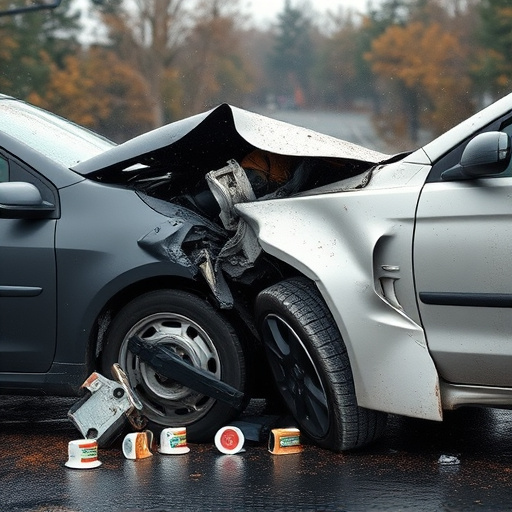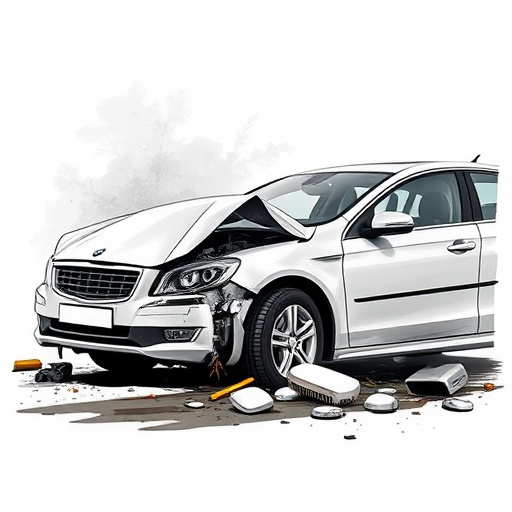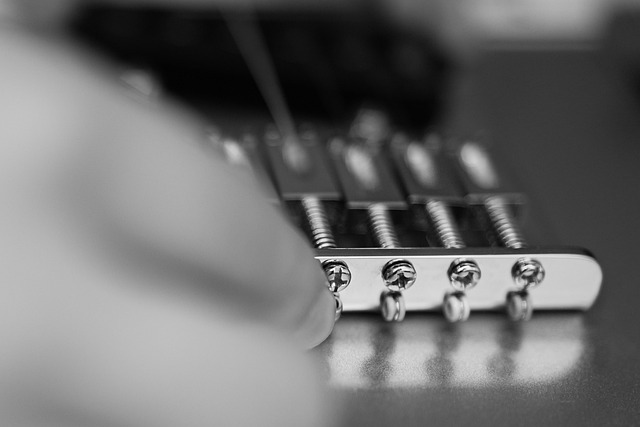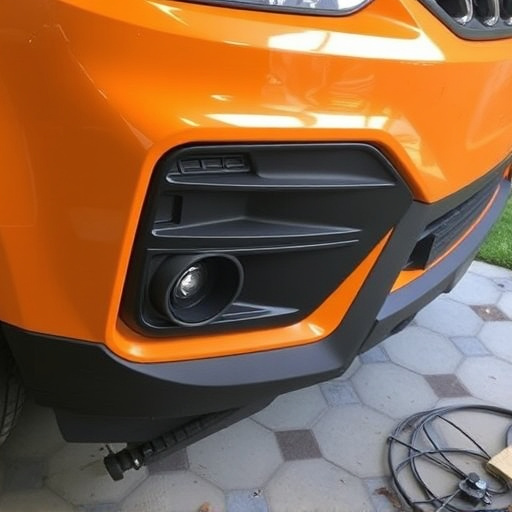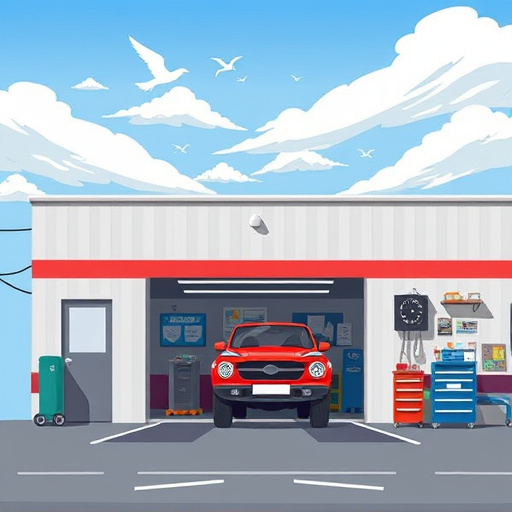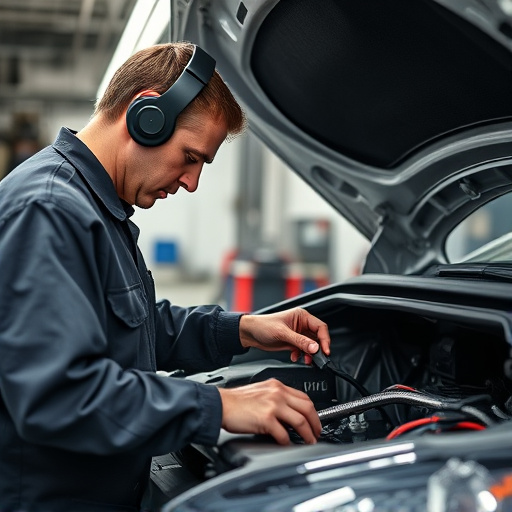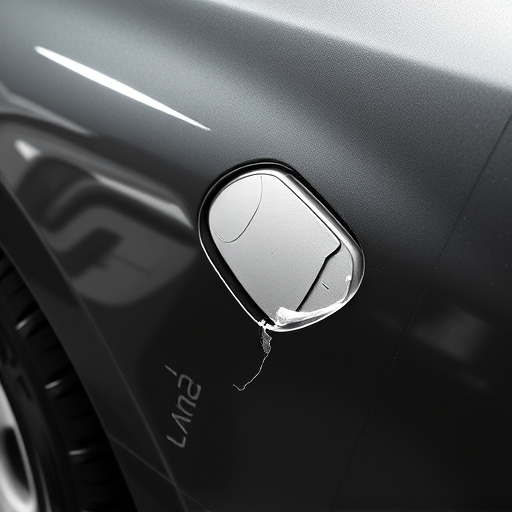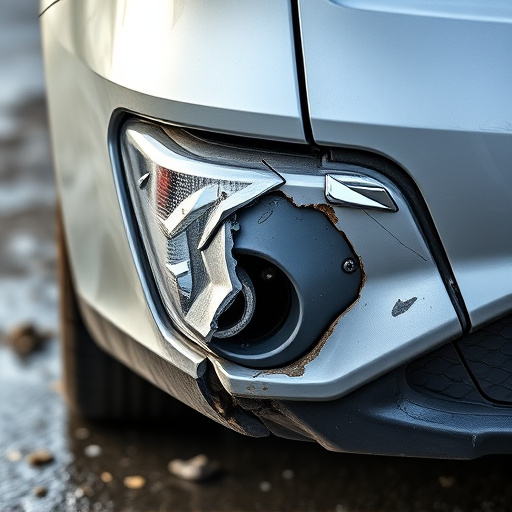Green auto body shops adhere to stringent regulations on waste management, air quality, water usage, and toxic substance handling, prioritizing community safety and employee health. They embrace sustainability through recycled materials, eco-friendly solvents, energy-efficient equipment, and innovative technologies like water-based painting systems. Certifications such as EPA's Green Seal and SFC's certification, along with IAHF standards for water-based finishes and low-VOC paints, further solidify their commitment to minimizing environmental impact. Sustainable practices not only protect the planet but also bolster their reputation among environmentally conscious customers.
In today’s eco-conscious world, a green auto body shop stands as a beacon of sustainability. This article explores the crucial standards and practices that not only meet environmental laws but also revolutionize the automotive industry. We delve into understanding the regulatory landscape for auto body shops, implementing eco-friendly repair processes, and recognizing certifications that validate sustainable operations. By adopting these standards, green auto body shops contribute to a cleaner, more responsible future.
- Understanding Environmental Regulations for Auto Body Shops
- Implementing Eco-Friendly Practices in Repair Processes
- Certifications and Standards for Sustainable Auto Body Shops
Understanding Environmental Regulations for Auto Body Shops
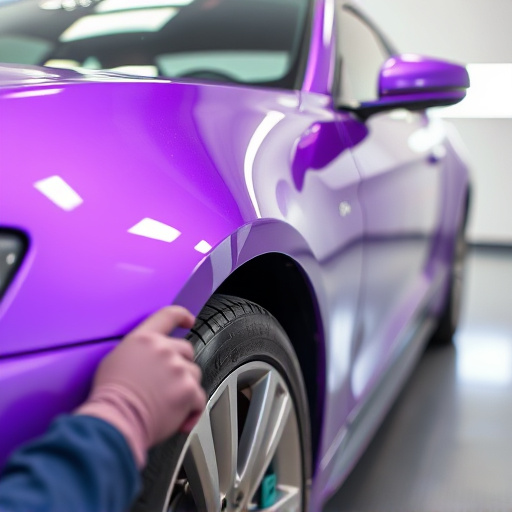
Auto body shops, like any other business, must adhere to strict environmental regulations set forth by local, state, and federal authorities. These regulations are designed to minimize pollution, protect natural resources, and promote sustainable practices in the automotive industry. For green auto body shops, understanding and complying with these standards is not just a legal requirement but also a commitment to their mission of eco-friendly operations.
Key environmental regulations for auto body shops include those related to waste management, air quality, water usage, and toxic substance handling. For instance, proper disposal of hazardous materials like solvents, paints, and rust remover is crucial. Additionally, shops must ensure effective containment and filtration systems for paint booth runoff and other liquid waste. Compliance with these standards not only prevents environmental damage but also ensures the health and safety of employees and surrounding communities, making it a fundamental aspect of responsible car repair services and bumper repair processes.
Implementing Eco-Friendly Practices in Repair Processes
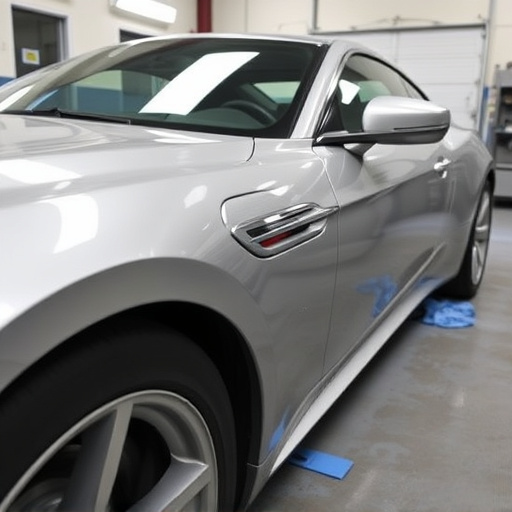
In a green auto body shop, implementing eco-friendly practices is not just a trend but a core principle. These shops prioritize sustainability in every step of the repair process, ensuring minimal environmental impact. From using recycled materials and biodegradable solvents to adopting energy-efficient equipment, such shops strive to reduce waste and emissions. For instance, a Mercedes Benz collision repair facility that embraces green standards might employ water-based painting systems, which eliminate harmful volatile organic compounds (VOCs). This not only enhances air quality but also contributes to better indoor environments for employees.
Moreover, these eco-conscious car repair shops often incorporate innovative technologies like laser cutting and robotic welding, which are more precise and less wasteful than traditional methods. Vehicle body repair processes can thus be streamlined while respecting environmental regulations. Such practices not only promote a cleaner, healthier planet but also foster a reputation for responsible business operations among discerning customers who value sustainability.
Certifications and Standards for Sustainable Auto Body Shops

Many green auto body shops strive to meet industry standards that promote sustainability and responsible practices. Certifications like the Environmental Protection Agency’s (EPA) Green Seal or the Sustainable Furniture Council’s (SFC) certification ensure that a shop utilizes environmentally friendly materials, processes, and waste management techniques. These certifications are crucial for any collision repair center aiming to be recognized as an eco-friendly business.
Additionally, shops can adhere to standards set by organizations dedicated to green auto body work, such as the International Association for Hardwood Flooring (IAHF) for water-based finishes and low-VOC paints. Implementing paintless dent repair techniques further reduces environmental impact by minimizing the use of harmful chemicals and waste associated with traditional painting methods. These sustainable practices not only benefit the environment but also contribute to a healthier workplace for employees, making it a win-win for both the shop’s reputation and the planet.
A truly modern and responsible approach to auto body work necessitates adopting sustainable practices that align with environmental regulations. By understanding and adhering to these standards, a green auto body shop can not only meet legal requirements but also contribute to a more eco-conscious automotive industry. Implementing eco-friendly practices throughout the repair process ensures minimal environmental impact while delivering high-quality results. Certifications and recognized standards for sustainable auto body shops validate their commitment to protecting the environment, fostering trust with customers who prioritize green initiatives.
